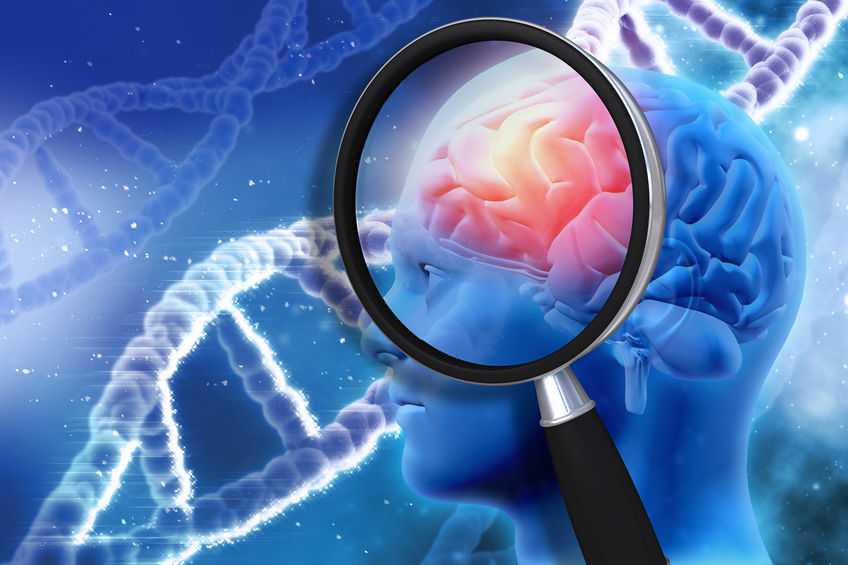
Everybody has forgetful moments now and again, especially as they age. Sometimes you can’t remember where you put your keys, or forget what you went upstairs to grab. These occurrences are a normal part of getting older, and just the human condition in general. Unfortunately, this can make it difficult to determine whether you or a loved one are experiencing memory loss symptoms that are indicative of a more serious problem, namely, Alzheimer’s disease.
Early detection of Alzheimer’s is important, as the earlier a person is diagnosed, the sooner they can start receiving treatment to manage symptoms. While the disease can manifest a little differently for everyone, here are some of the most common early signs to watch out for.
Disruptive Memory Loss
Increasing forgetfulness is one of the most common early symptoms of Alzheimer’s. The forgotten information has usually been recently learned, such as important dates, events, or names, while memories from years ago may still be crystal clear. Frequent repetitive questions and the need for constant reminders can be signs that you or someone you love is having trouble with memory.
Difficulty Completing Daily Tasks
When things that used to be routine or automatic start to present a challenge, this can be an effect of Alzheimer’s. Examples of this might be forgetting how to drive to regular places, not knowing how to complete work tasks, being unable to make a grocery list, or forgetting how to do a favorite activity like a sport or game. Alzheimer’s can impair your ability to stay organized or concentrate, which leads to difficulty with these kinds of tasks.
Disorientation
People with Alzheimer’s often have trouble sensing time and space. They may forget where they are, how they got there, what year it is, or what they’re doing. It is difficult for them to track the passage of time and identify seasons and locations. If you or a loved are experiencing this, you should make an appointment with your doctor to discuss possible underlying causes, including Alzheimer’s.
Vision Problems
Since Alzheimer’s affects your brain, it can affect your vision, often making it difficult to process visual images and spatial relationships. You or your loved one may notice problems with reduced depth perception, peripheral vision, and/or motion detection. This can manifest as trouble reading, driving, keeping balanced, distinguishing colors, or judging distance.
Personality Changes
Noticeable changes in mood and/or temperament in individuals of a certain age can be an early indicator for Alzheimer’s. Confusion, suspiciousness, depression, anxiety, fearfulness, or becoming easily irritated can all be personality changes caused by this disease. These may be noticed constantly, in certain social situations, or even just at home with family.
Social Withdrawal
Many of the symptoms that people experience with Alzheimer’s disease can make them not want to interact with others or engage in social things that used to be important to them. This causes them to withdraw from social, work, and sometimes even family events. They may have trouble engaging with others and following conversations. If someone is withdrawing, you will notice them becoming less involved with loved ones, work, hobbies, and lacking motivation in general.
Although Alzheimer’s is a cognitive disease, it often has physical effects that can make day-to-day life challenging. If that is the case for you or your loved one, then BEK Medical can provide you with daily living aids, bath safety products, home mobility services, and other medical supplies necessary to live as comfortably and independently as possible.
There’s no reason anyone should have to live in pain or discomfort. Order the home medical products you need online today or contact our team to learn more about which of our supplies can help you!
